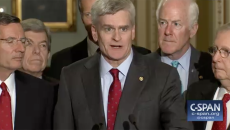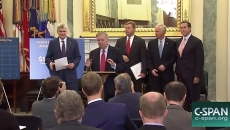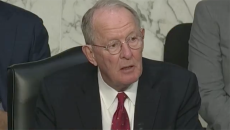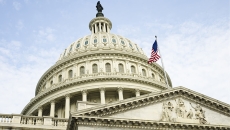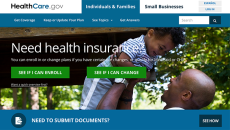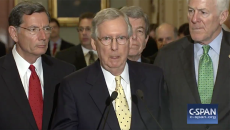Julie Rovner, Kaiser Health News
Enrollment season has already been shortened while access and uncertainty in the marketplace are still a concern.
The Graham-Cassidy proposal would fundamentally restructure the Medicaid program.
Insurers plan sharp rate hikes next year unless Congress removes uncertainty by appropriating money to pay discounts, estimated at $10 billion in 2018.
Federal health law includes a waiver provision to allow states to alter some rules to help their residents, but it's complicated.
The ideas that have been floating around Washington right now include Medicare at 55, 'buying' into Medicaid and changing HSA rules.
Federal workers, like most who work for large employers, get a portion of their insurance premium paid as part of their compensation.
In seven years, it has been to the brink of elimination nearly a dozen times, only to rally back from seemingly impossible odds.
Rules by Senate's advisory means 60 votes would be required to pass certain provisions of the Senate health bill.
In retrospect, Republicans' inability to overhaul the health law should not come as much of a surprise and there are several reasons why.
The impact is not just on the availability of services. A 2007 study found that in areas with many uninsured people, the quality of care was also lower.
